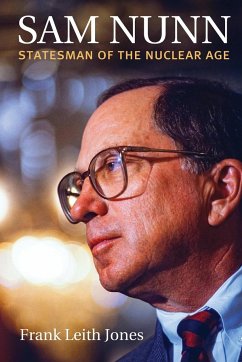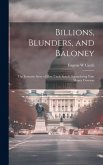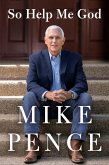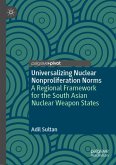In a 2012 opinion piece bemoaning the state of the US Senate, Washington Post columnist Dana Milbank cited a "leading theory: There are no giants in the chamber today." Among the respected members who once walked the Senate floor, admired for their expertise and with a stature that went beyond party, Milbank counted Sam Nunn (D-GA). Nunn served in the Senate for four terms beginning in 1972, at a moment when domestic politics and foreign policy were undergoing far-reaching changes. As a member and then chairman of the Senate Armed Services Committee, he had a vital impact on most of the crucial national security and defense issues of the Cold War era and the "new world order" that followed--issues that included the revitalization of the North Atlantic Treaty Organization's military capability, US-Soviet relations, national defense reorganization and reform, the Persian Gulf conflict, and nuclear arms control. In this first full account of Nunn's senatorial career, Frank Leith Jones reveals how, as a congressional leader and "shadow secretary of defense," Nunn helped win the Cold War, constructing the foundation for the defense and foreign policies of the 1970s and 1980s that secured the United States and its allies from the Soviet threat. At a time of bitter political polarization and partisanship, Nunn's reputation remains that of a statesman with a record of bipartisanship and a dedication to US national interests above all. His career, as recounted in Sam Nunn: Statesman of the Nuclear Age, provides both a valuable lesson in the relationships among the US government, foreign powers, and societies and a welcome reminder of the capacity of Congress, even a lone senator, to promote and enact policies that can make the country, and the world, a better and safer place.
Hinweis: Dieser Artikel kann nur an eine deutsche Lieferadresse ausgeliefert werden.
Hinweis: Dieser Artikel kann nur an eine deutsche Lieferadresse ausgeliefert werden.








